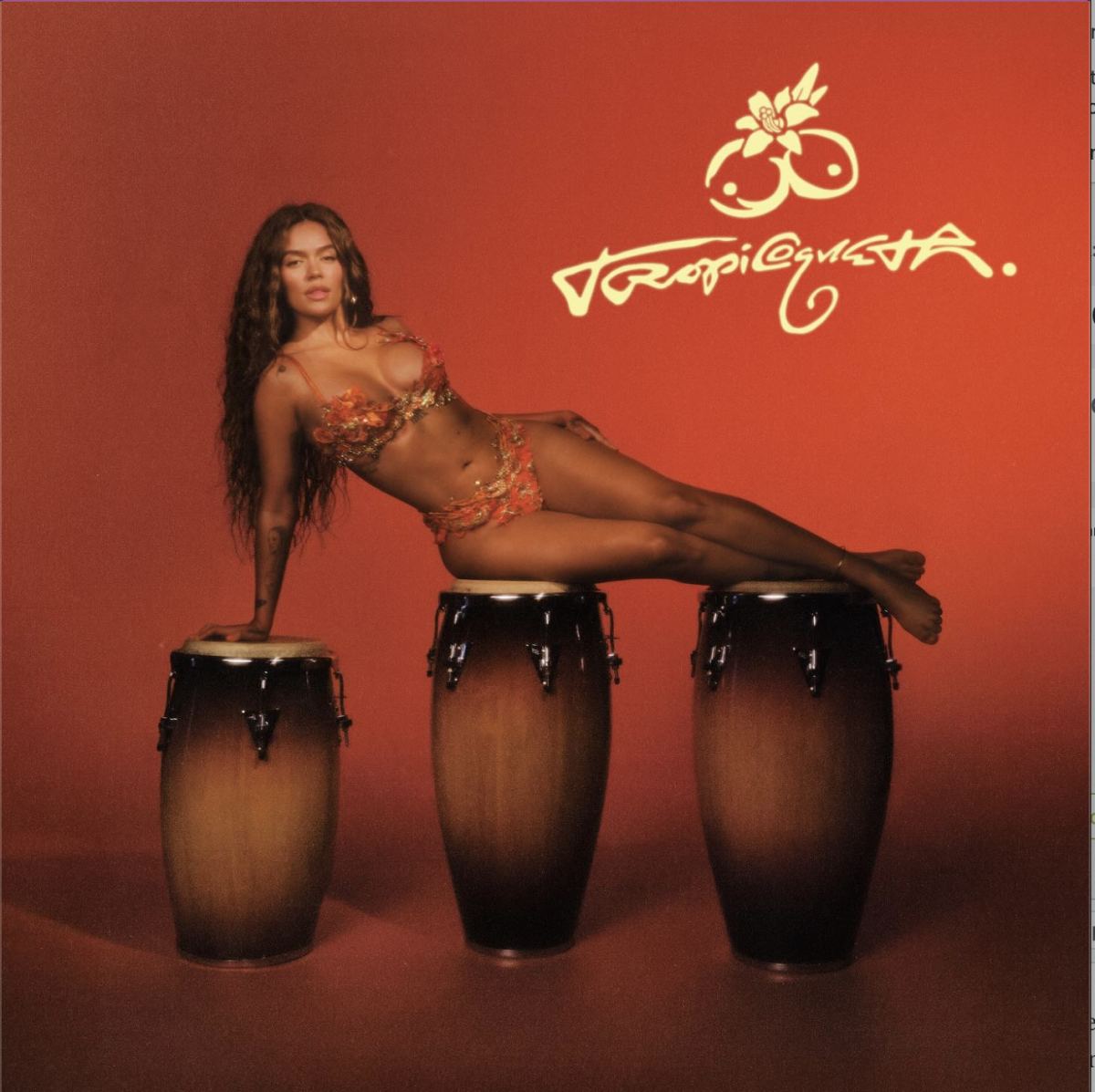Directed by Rowan alumnus Leroy “Lee” Harris, a production of “For Colored Girls Who Have Considered Suicide/When the Rainbow is Enuf” appeared in Pfleeger Hall on Saturday night.
Open to students and community members alike, the performance was put on by the Multicultural Center at Rowan and L. Arnold Productions. Many people from around the area came to see this piece of urban theater, a genre rarely found in South Jersey.
“My mom brought me out on a nice trip,” said Tina Banks, of Clayton, New Jersey. “It was basically a stepping-out-of-the-box type of thing and it was a really good show.”
The show, written by Ntozake Shange in the 1970s, features nameless women who are only identified by the colors they wear: red, orange, yellow, green, blue and purple.
“For Colored Girls…” originally consisted of 20 monologues dealing with spirituality, sexuality and challenges faced by women, specifically women of color. Harris created an adapted version of the show, selecting what monologues he felt were most important to share and adding songs as well as dance numbers throughout.
Michelle Brookes Thompson, who appeared on The Voice, sang songs such as “Listen,” “Safe in His Arms,” and “Seasons.”
Harris emphasized that, although his production of “For Colored Girls…” was different than the original, the heart of the show remained in the monologues.
“[The monologues] speak the life of women because we as men don’t have any idea. We think we know but we don’t,” Harris said. “Pieces like this, even though it’s dramatic sometimes and the language sometimes is hard [to understand], that’s the way she wrote it. That’s how she was feeling.”
Ontaria Wilson, who played the Lady in Red, agreed with Harris.
“It’s our job to embody what she wrote. It’s a journey, a spiritual travel and even a mental travel that you go through in order to bring her work to life,” Wilson said.
Adrienne Allen, who portrayed the Lady in Green, said her preparation for the show and her character were deeply influenced by women around her.
“I draw my inspiration from all the ladies who walk the earth,” Allen said. “We are all color girls. Every day is like research.”
Performing such truthful pieces came with difficulties. The actors needed to control their own emotions in order to continue with the show.
“The most challenging part was coming out of emotions and transitioning into different characters,” Wilson said. “Sometimes, as an actress, you get stuck in those moments. For me, because I was dancing and acting, I was pulling from so many different levels.”
The show, a more interpretive piece, offered many themes to audience members. Banks enjoyed the universality of the messages.
“It doesn’t matter where you’re from, what you do, what color you are, everybody still goes through the same drama,” Banks said.
Chere’ Manderville from Sicklerville, New Jersey, interpreted the play on a more personal level.
“I love the spirituality of the play,” Manderville said. “It’s about loving yourself, knowing you’re here for a purpose and there’s a reason for everything you go through.”
For comments/questions about this story, email [email protected] or tweet @TheWhitOnline.
























































































































































!["Working with [Dr. Lynch] is always a learning experience for me. She is a treasure,” said Thomas. - Staff Writer / Kacie Scibilia](https://thewhitonline.com/wp-content/uploads/2025/04/choir-1-1200x694.jpg)








































